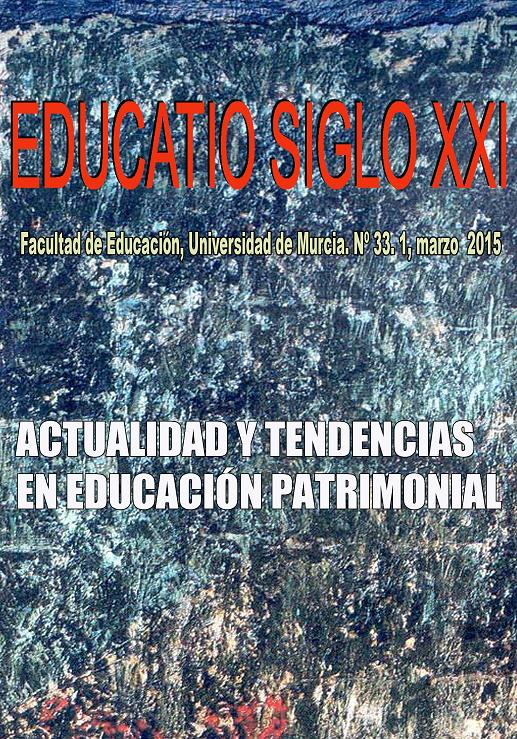Strategies and Tools for Heritage Education in Spain
Abstract
Spain is one of the countries with the highest volume of internationally recognised cultural heritage, most of which is regulated by state and regional laws. Managing all that heritage to make citizens understand it, know it and feel it as theirs involves educational actions that must be ordered, stable and sustained along time, as well as being solidly grounded. Thus, heritage education is a “key discipline” in heritage management and it aims to encourage citizens to preserve and transmit heritage in a respectful way not only towards the heritage itself but also towards the societies that have guarded and offered it throughout our history. In heritage education, Spain is an international reference with two powerful institutional tools, promoted by the government, aimed at coordinating the State and the Autonomous Communities: the Education and Heritage National Plan and the spanish Heritage Education Observatory.
We intend to describe both instruments, showing relevant data from some of the research based on them. The curriculum, conceived as a strategy which justifies the presence and reach of heritage in formal education, stands out as a third instrument for future planning. In this sense, we should plan appropriately the presence of heritage according to the different stages and levels of curricular development.
Downloads
-
Abstract5846
-
PDF (Español (España))3529
Original work publishes in this journal is subject to the following terms:
1. Murcia University Press (the publishing house) holds the copyright of the publishes work, and favours and allows their reutilization under the use license stated in point 2.
© Servicio de Publicaciones, Universidad de Murcia, 2015
2. Work is published in the electronic edition under a license (Creative Commons Reconocimiento-NoComercial-SinObraDerivada 4.0 España (legal text). They can be copied, used, disseminated, transmitted and publicly presented, as long as: i) authorship and original publication source is acknowledged (journal, publishing house and URL of the work); ii) are not used for commercial purposes; iii) the existence and specifications of this use license is stated.
3. Conditions for self-archive. Authors are allowed and encouraged to disseminate electronically the pre-pint (before review) and/or post-print (accepted for publication) versions of their work before their publication since that favours earlier circulation and dissemination resulting in an increased chance for the authors to be cited and for the work to reach a bigger share of the academic community. Colour: RoMEO: green.








